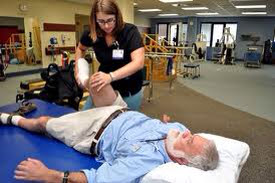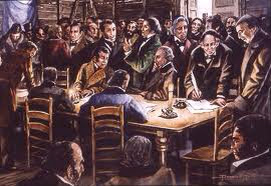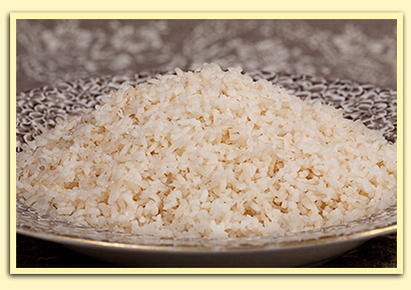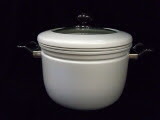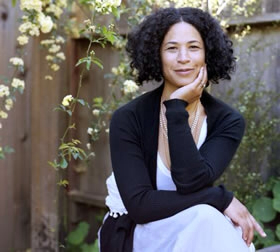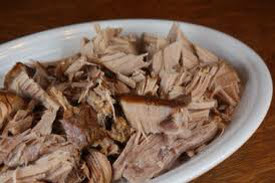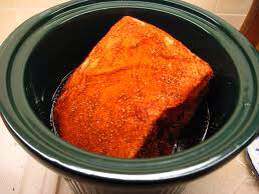I remember one of the first times I ever tried to sit up after my past unpleasantness, known medically as a dissected aorta. It had been about 10 days after the event. I had begun to breath on my own. I was a few days out of ICU. I had begun to talk. But, I had not sat up. I thought I was lying down because I was recuperating. I had no idea that I was lying down because I couldn't do anything else. The nurse told me that she was going to help me sit up (like I needed help, I thought sarcastically). So, she and my wife got their arms under me, sat me up, and propped me at the edge of my bed. For a moment, I was doing fine...but only because they had balanced me. Within a few seconds, I had slumped back onto the bed and flopped onto my pillow. "What in the world?" I thought. So, they tried again, I must have lost my balance. I slumped and flopped again. This time I looked at the nurse and asked what was happening. For the first time in my life I heard, and I mean really heard the term, "core strength." As non-responsive as my nerves still were, I had none. The worst part...I didn't even know it!
It took me nearly a year to get my core strength back to a near normal level. It was grueling, hard work, but it was necessary so that I could start to function normally again. Believe it or not, during rehab, when I stood up in a harness for long periods of time, I became nauseated and almost blacked out on more than one occasion. It was because of my weak core.
I experience so many believers who are strong in their spiritual core. They had to work to get that way. They studied, served, learned, prayed, and invested themselves in the lives of others. They grew stronger and stronger as they invested time and energy into their spiritual inner core. Now, they are able to sit, stand, and walk spiritually. They have done everything to stand, and are able to "stand firm, then" (Ephesians 6:13-14).
I also meet at least as many Christians who are spiritually weak . The saddest part is, they don't even know it. Most of them think, as I did, I can do it if I want. Here's great encouragement though, they don't have to be.
That is why we are calling believers to inner core strength training this summer. This tends to be the time of year that we can get spiritually lazy. That is why you need to be with us every Sunday as we study the book of Romans together. The book of Romans is the core of who we are as believers. Without an understanding of the truths in this incredible book, we are destined to be weak and have no strength in the place we need it most, our spiritual core.
Won't you join us this week? Everyone who would like one gets a notebook with the book of Romans already in it. We have also designed the notes to fit in the notebook. in addition, there will be a place marker that has the Romans Road, the highlights of each chapter of Romans, and other tools to help you in your study of not only Romans, but any book of the Bible.
This is a no miss series. Romans: the Core of Your Spirituality. Begins this Sunday.
Let's start working on that core strength.
Pastor Trey Rhodes
It took me nearly a year to get my core strength back to a near normal level. It was grueling, hard work, but it was necessary so that I could start to function normally again. Believe it or not, during rehab, when I stood up in a harness for long periods of time, I became nauseated and almost blacked out on more than one occasion. It was because of my weak core.
I experience so many believers who are strong in their spiritual core. They had to work to get that way. They studied, served, learned, prayed, and invested themselves in the lives of others. They grew stronger and stronger as they invested time and energy into their spiritual inner core. Now, they are able to sit, stand, and walk spiritually. They have done everything to stand, and are able to "stand firm, then" (Ephesians 6:13-14).
I also meet at least as many Christians who are spiritually weak . The saddest part is, they don't even know it. Most of them think, as I did, I can do it if I want. Here's great encouragement though, they don't have to be.
That is why we are calling believers to inner core strength training this summer. This tends to be the time of year that we can get spiritually lazy. That is why you need to be with us every Sunday as we study the book of Romans together. The book of Romans is the core of who we are as believers. Without an understanding of the truths in this incredible book, we are destined to be weak and have no strength in the place we need it most, our spiritual core.
Won't you join us this week? Everyone who would like one gets a notebook with the book of Romans already in it. We have also designed the notes to fit in the notebook. in addition, there will be a place marker that has the Romans Road, the highlights of each chapter of Romans, and other tools to help you in your study of not only Romans, but any book of the Bible.
This is a no miss series. Romans: the Core of Your Spirituality. Begins this Sunday.
Let's start working on that core strength.
Pastor Trey Rhodes

